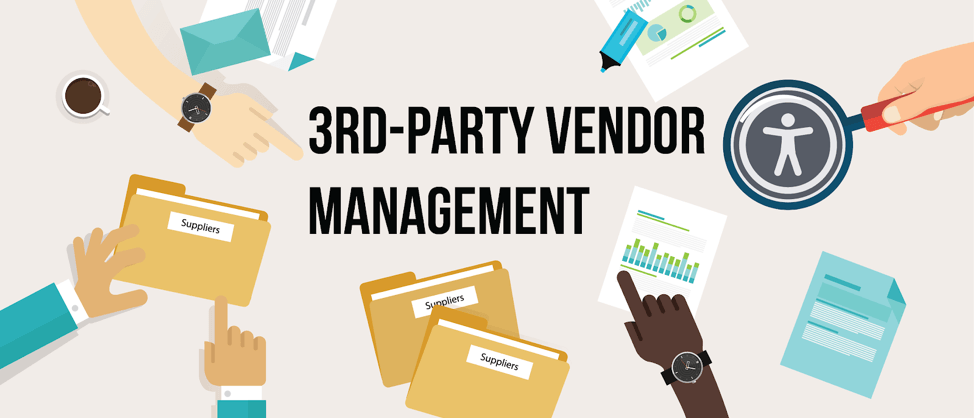In today’s business world, companies often rely on third-party vendors to provide services and products that are critical to their operations. While outsourcing can provide many benefits, it also comes with its own set of challenges. That’s where effective third-party vendor management comes in. By properly managing their relationships with vendors, companies can ensure operational efficiency, reduce costs, and mitigate risks.
One of the key benefits of effective third-party vendor management is improved operational efficiency. By selecting vendors who align with their goals and values, and establishing clear expectations and performance metrics, companies can ensure that their vendors are providing high-quality products and services on time and within budget. This not only improves overall efficiency, but also reduces the need for rework or corrections, which can be costly and time-consuming.
In addition, effective third-party vendor management can help companies reduce costs. By negotiating favorable contracts and pricing structures, and monitoring vendor performance to identify areas for improvement, companies can ensure that they are getting the best possible value from their vendors. This can translate into significant cost savings, which can be reinvested in other areas of the business.
But perhaps most importantly, effective third-party vendor management can help companies mitigate risks. By selecting vendors who meet their quality and compliance standards, and regularly monitoring their performance, companies can reduce the risk of costly errors or accidents. In addition, by having a clear understanding of their vendors’ business practices and operations, companies can identify and mitigate potential risks before they become major issues.
At Natlong Oil and Gas Services Ltd, third-party vendor management plays a critical role in ensuring operational efficiency and cost savings. By selecting vendors who align with their commitment to safety, quality, and sustainability, and establishing clear performance metrics and expectations, they are able to ensure that their vendors are providing high-quality products and services that meet their needs. In addition, they regularly monitor vendor performance and conduct audits to identify areas for improvement, which helps them reduce costs and mitigate risks.
In conclusion, effective third-party vendor management is a critical component of operational efficiency and cost savings. By selecting vendors who align with their goals and values, negotiating favorable contracts and pricing structures, and regularly monitoring vendor performance, companies can ensure that they are getting the best possible value from their vendors. This not only improves efficiency and reduces costs, but also mitigates risks and supports overall business success.

No comment